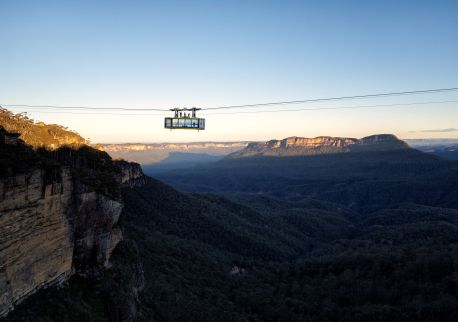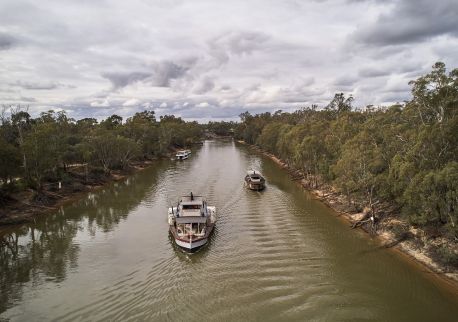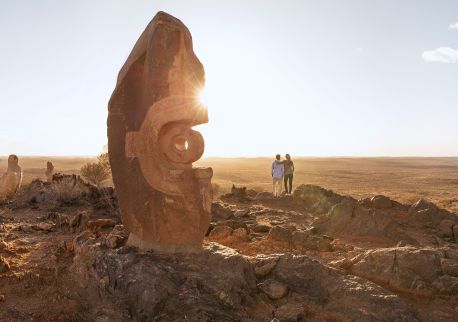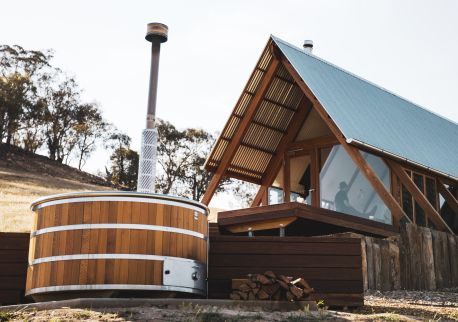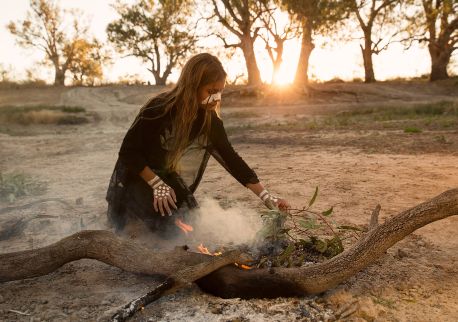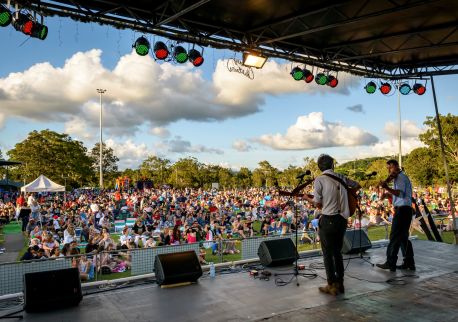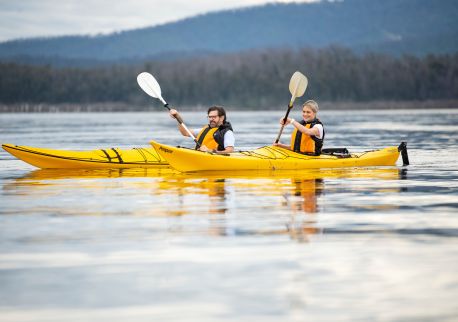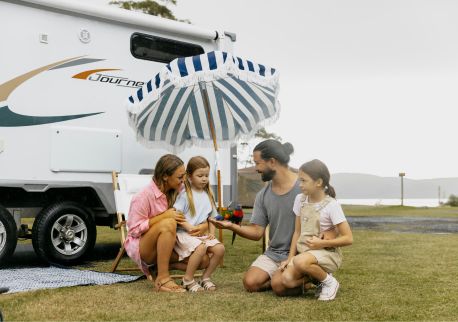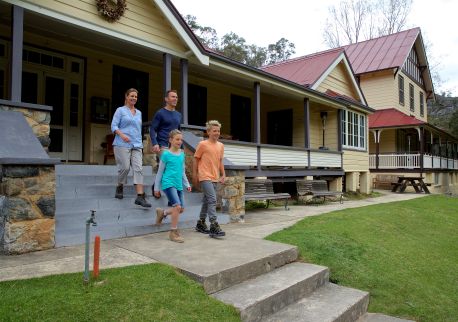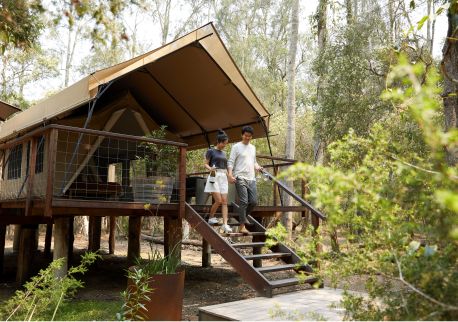Pioneer Museum Yarrawonga Mulwala
Overview
An eclectic collection of interesting historical artifacts housed in an extensive building, formerly an Indoor Sports Centre.
The main theme of the display is heritage aviation, particularly Douglas Sloane's 1912 biplane and heritage agricultural, which includes some unique equipment and a number of exquisitely restored horse-operated and horse-drawn vehicles and machinery. However the collection is much more extensive and includes a display of rocks collected from all round the world by local pharmacist Dean Briggs. There is a display of period furniture and clothing, Linotype machinery and printing press which were used to publish the local paper. This is complemented by office machinery from the past .
There is something for everyone. For the children there is a superb Lego display and other early toys. To bring back distant memories there the dentist chair and medical display, colloquially referred to as the "Torture Chamber." The Blacksmith's Shop features its ghostly occupant. The Match Box Display provides merely a sample of Dicky Twigg's life-long hobby.
The Museum also has its own Cinema where films from earlier times are on show.
It is recommended that visitors allow themselves plenty of time to take in the full display.

